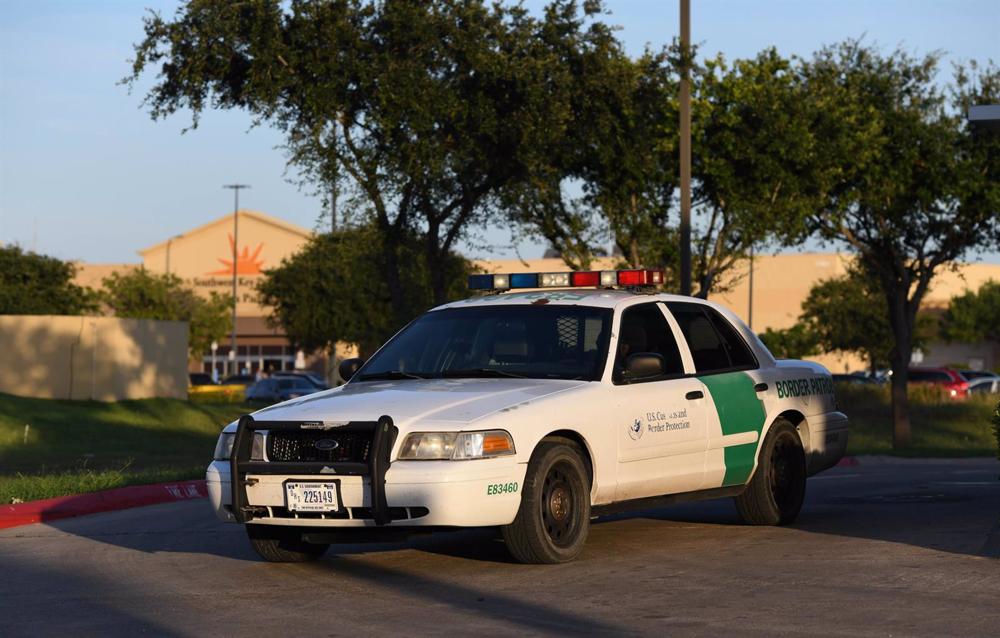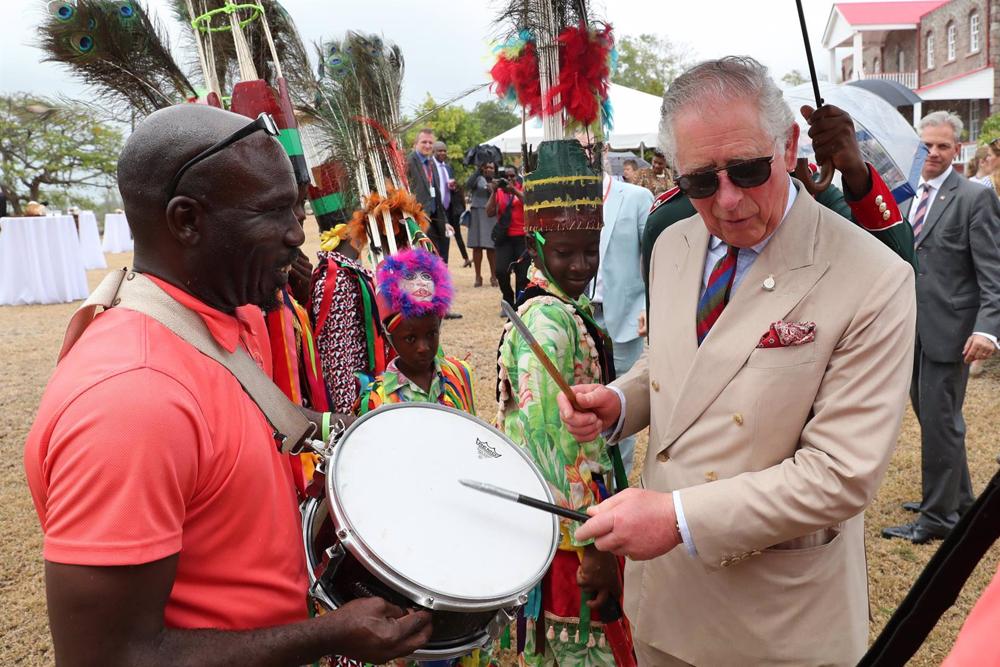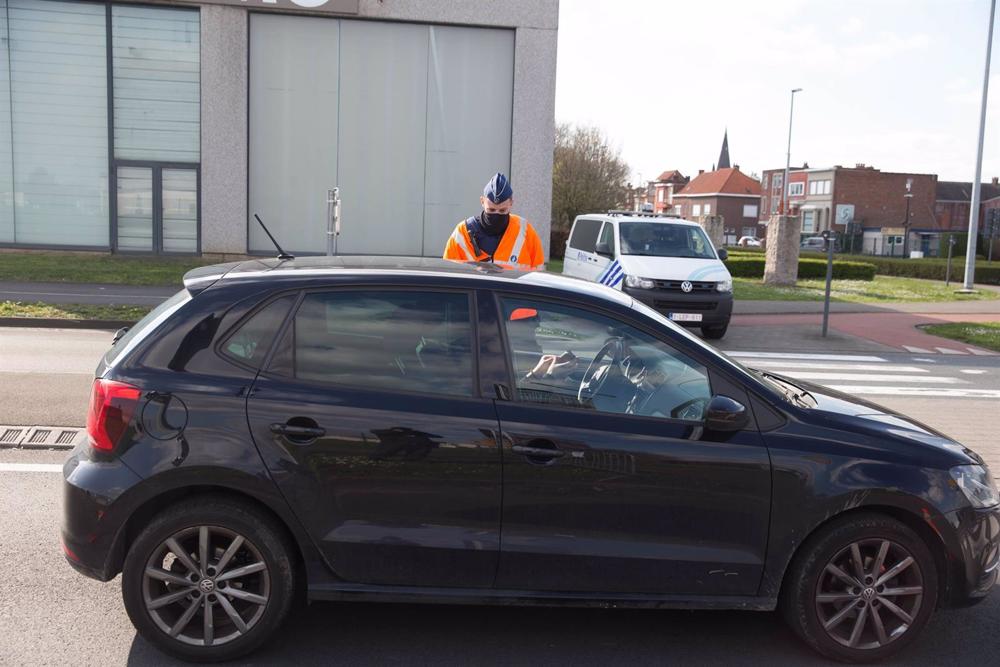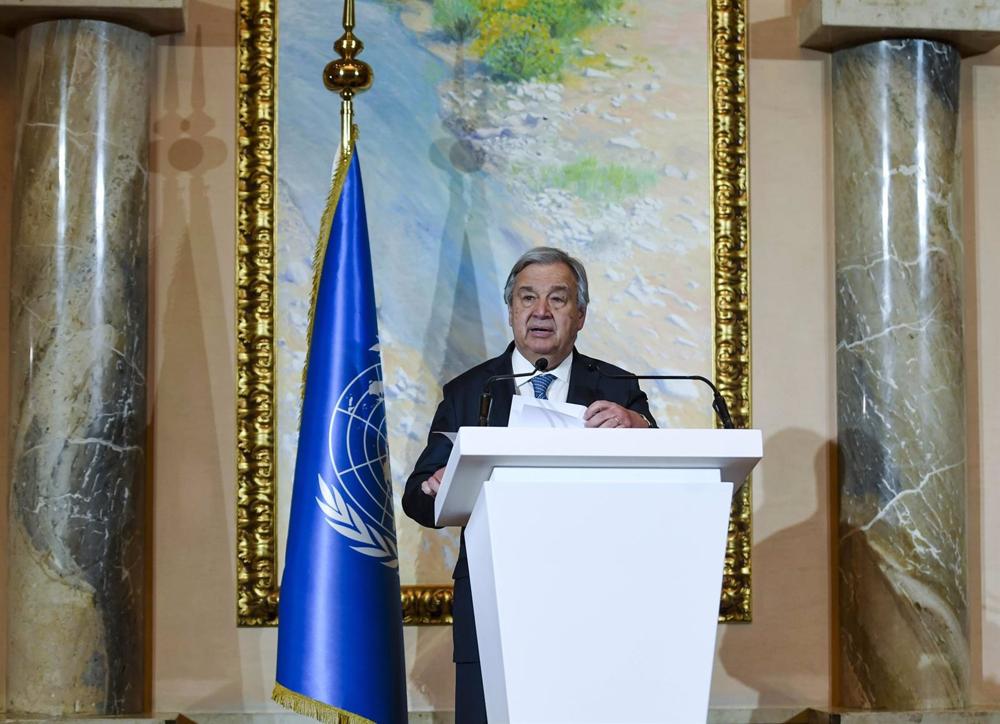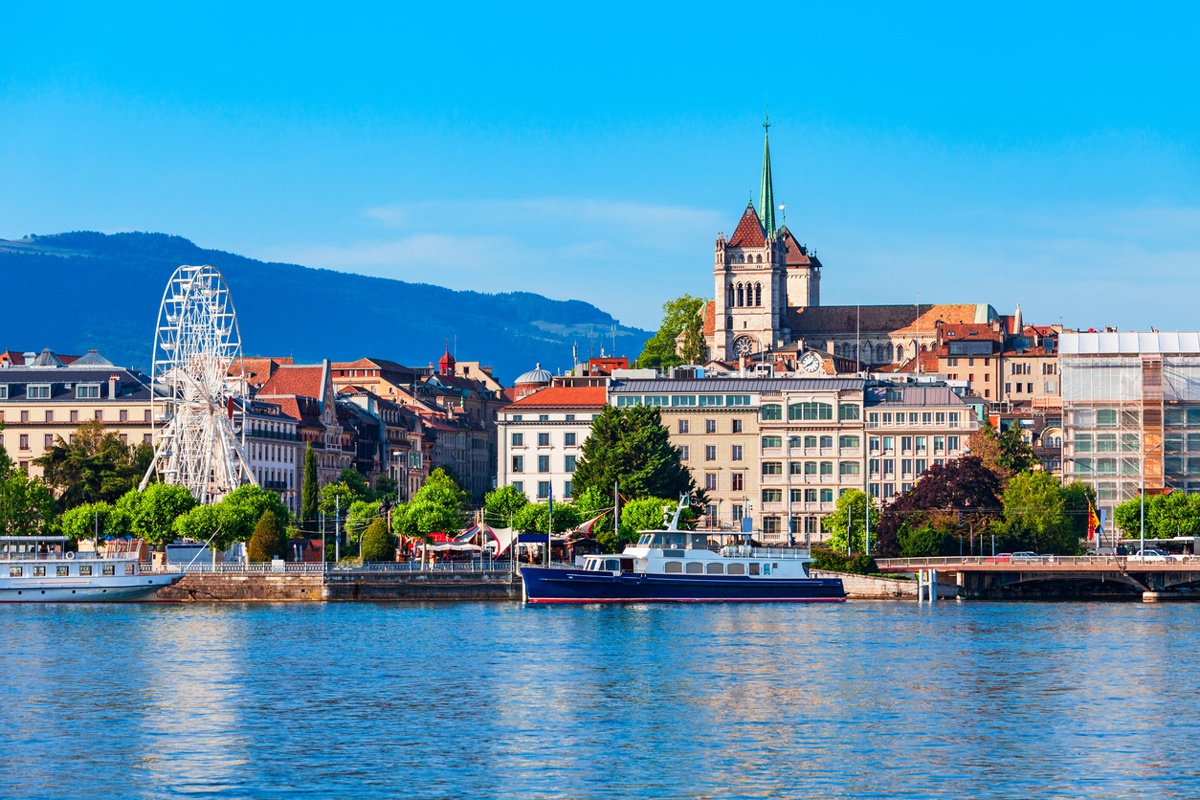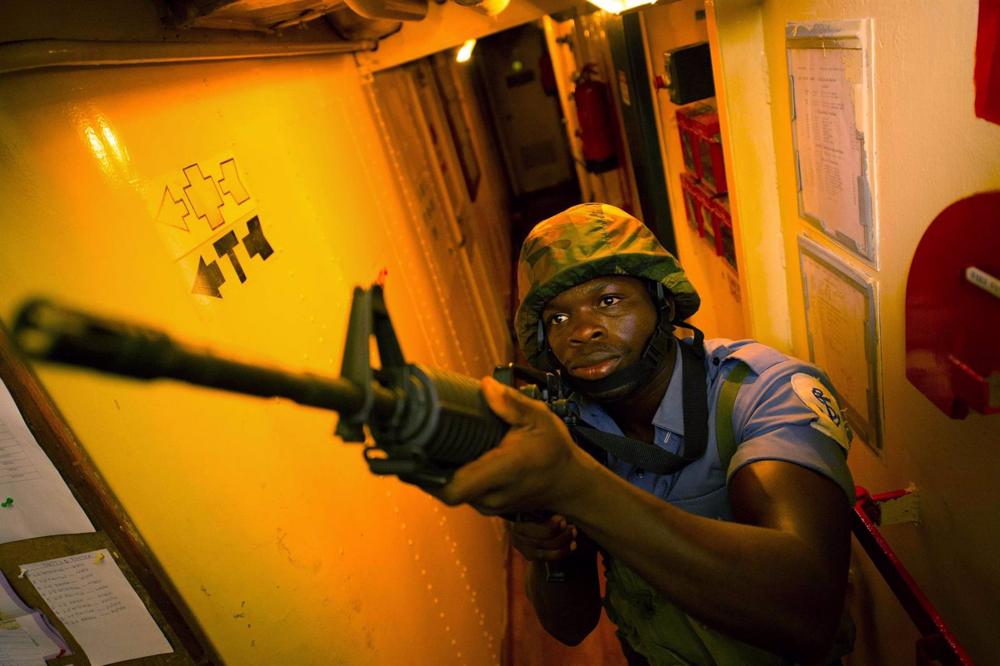
The Ghana Armed Forces have rejected accusations against military personnel for their alleged responsibility in the deaths of at least ten civilians in the town of Bakwu, located near the border with Burkina Faso, amid a spike in insecurity in the area due to an increase in jihadist attacks.
The spokesman for the Ghanaian Armed Forces, Michael Addo Larbi, said he was aware of the accusations about soldiers deployed «to restore calm» in the framework of the ‘Gongong’ operation, but stressed that he «categorically» rejects them.
He said in a statement that «unidentified armed persons» carried out several attacks during the last days on roads connecting to Bawku and added that «the troops carried out a search operation together with the police in the general area of Pateleme».
«Three suspects (…), all of them from the Dagomba tribe, were arrested at a house in Pateleme. They were handed over to the Bawku Police for investigations,» he has highlighted, before detailing that six «armed men» were neutralized after another attack in Sabongari.
Larbi therefore pointed out that «following these incidents and the false allegations circulating, it has become necessary for the Ghana Armed Forces to publish this to reject false information and the wrong notion that the troops acted against a particular group in Bakwu».
«The Ghana Armed Forces would like to reassure the public of its commitment to protecting citizens at all times,» he said, before calling for the support «of all peace-loving Ghanaians, especially residents of Bawku, to facilitate the process of restoring calm to the area.»
The statement was issued following reports of civilian deaths at the hands of Ghanaian troops in several incidents in Bakwu, which prompted MP Mahama Ayariga to call for an investigation into what happened.
Witnesses quoted by the British television network BBC have recounted seeing people dressed in military uniforms open fire on civilians on Wednesday, leaving eight dead, including a 12-year-old boy who was burned alive in a grain silo where he had sought refuge.
Earlier, Ghanaian authorities had called on the population not to wear military uniforms, amid a spike in ethnic tensions in the city and the threat of the spread of the jihadist threat from the Sahel, especially from Burkina Faso.
Source: (EUROPA PRESS)
